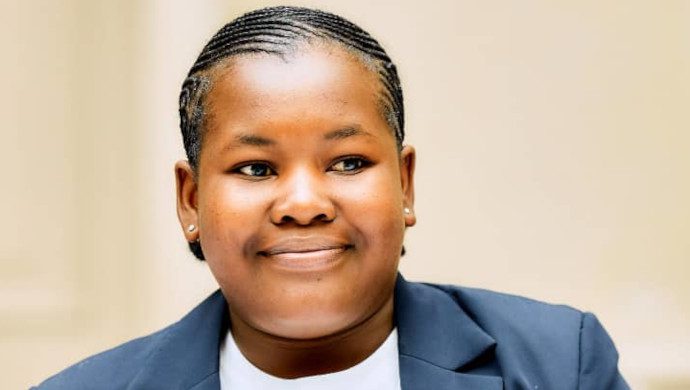A new report by Oxfam International has highlighted the watchdog role NGOs can play in monitoring budget spending in resource-poor countries like Malawi, IRIN reports.
Titled, “Paying the price: Why rich countries must now invest in a war on poverty”, the report noted that “there has been substantial progress in the performance and accountability of many poor-country governments … as they did not transfer resources from those expenditures that were monitored.”
In Malawi, the Civil Society Coalition for Quality Basic Education (CSCQBE), a grouping of NGOs, began monitoring how the education ministry was spending its budget allocation three years ago.
The report noted that the group checked on whether schools received the materials, such as textbooks and chalk, promised to them in the governments budget, and reported their findings to parliament and the media.
Julita Nsanjama, an educational expert with Action Aid and a member of CSCQBE, explained that “one of the reasons why civil society grouped together to start monitoring the education budgets was due to a scandal which surfaced about six years ago, in which about 187 million Malawi Kwacha (176.415 US dollar) was lost through corruption”.
She said civil society was devoted to “checking, prompting and alerting the government to its budgetary commitments, and in this way helping it to attain its goals of achieving quality basic education for all”.
As a result of constant monitoring, the government had become more accountable and transparent, “though we had some problems with the previous administration,” Nsanjama added.
– Some top government officials were not happy with our work of monitoring government expenditure, but they forget that government is there because of the people it wants to serve, she said.
Nsanjama was, however, quick to point out that accountability and transparency should not only be demanded at a higher level.
– What about headmasters and their teachers in primary and secondary schools? she asked. – They should also be accountable for their actions. There are reports that most of them sell … school chalk and notebooks, added she.
In its Budget Monitoring Initiative 2003-04 report, yet to be released, CSCQBE focused on the priority activities identified in the Malawi Poverty Reduction Strategy Paper (MPRSP), which includes the provision of textbooks, learning and teaching materials, and an annual 10 percent salary increase for teachers.
The CSCQBE report found that “teacher training colleges still suffer from sporadic funding, and there have not been any ground-breaking efforts to train more teachers”. Nsanjama said government needed to spend more money on training teachers to improve efficiency.
In 1994, when free primary education was introduced, government overlooked the need to train more teachers. Instead, it employed over 15.000 unqualified teachers and, according to education experts, lowered the standard of education in the country.
Because of low pay, morale among teachers was also low, the CSCQBE report found.
– Despite the declaration by government that teachers will be given incentives through an annual salary increase of 10 percent, the basic salaries at all primary teaching grades have remained static for four years, the report alleged.
CSCQBE also called for more funding for education.
The MK89 billion (841 million US dollar) budget for 2004-05 has MK11 billion (104 million dollar) allocated to the Ministry of Education, of which MK8 billion (75 mio. dollar) is to be used for the ministrys recurrent operational expenses and the remainder for “development expenditures”.
Minister of Education Yusuf Mwawa said civil society was playing a crucial role in the development of education in the country, and welcomed their participation in the implementation of education programmes.
President Bingu wa Mutharika, meanwhile, has made the fight against corruption one of his top priorities.
In its recommendations to developing country governments, Oxfam called on them to demonstrate their commitment to poverty reduction by meeting the UN recommendation to spend 20 percent of public budgets on basic social services, and transparently direct it to poor people.
Kilde: FN-bureauet IRINnews














